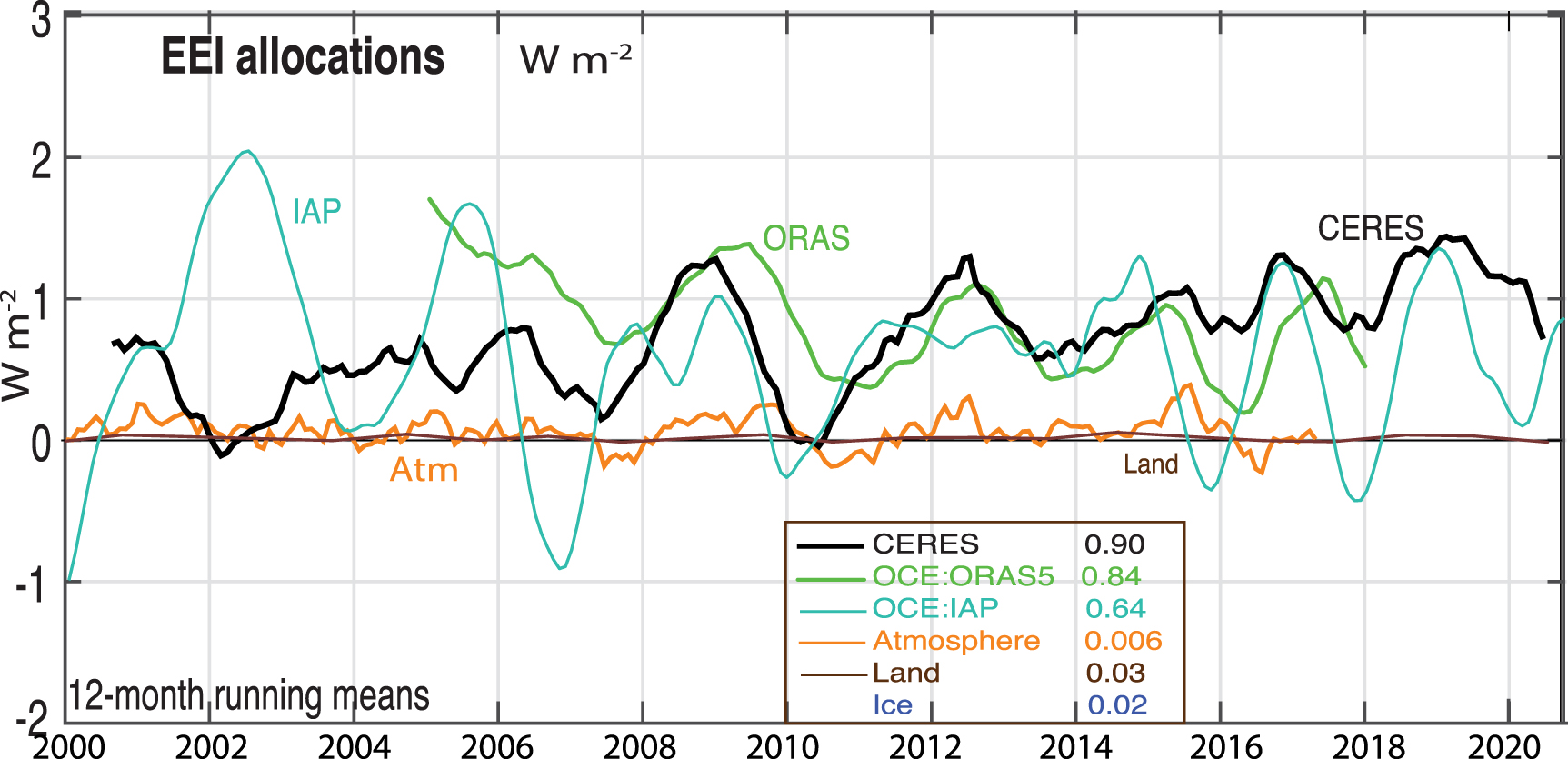Can the Tonga Eruption Account for the 2023-2024 Warming Event?

On January 15, 2022, the volcano Hunga Tonga–Hunga Ha’apai (hereafter Tonga) erupted. Normally, volcanic eruptions such as this send sulfate aerosols into the atmosphere that cause a short-term cooling effect in the troposphere (and warming effect on the stratosphere) for a couple years. However, the Tonga eruption was somewhat unique in that it erupted in shall water and therefore injected 146 MtH2O along with 0.42 MtSO2 into the stratosphere.[1] The injection of water vapor into the stratosphere created the potential that this particular volcano might not cause the short-term tropospheric cooling normally expected. Ever since the anomalous warming began in 2023 (roughly coinciding with the onset of El Nino conditions), a lot of misinformation has circulated on social media that the Tonga eruption is responsible for the warming spike the globe is currently experiencing. This misinformation appears to come from 1) a misreading of one early study[1] that examined only the impact of...
